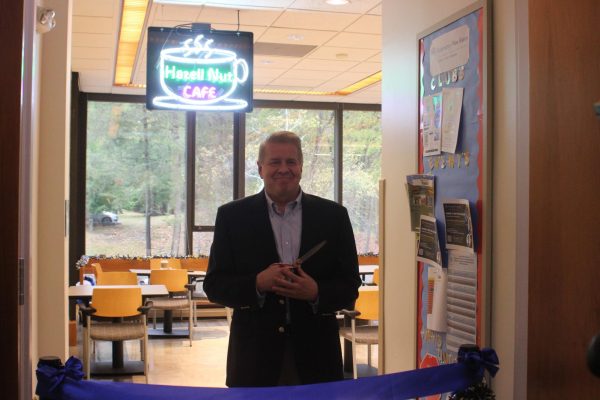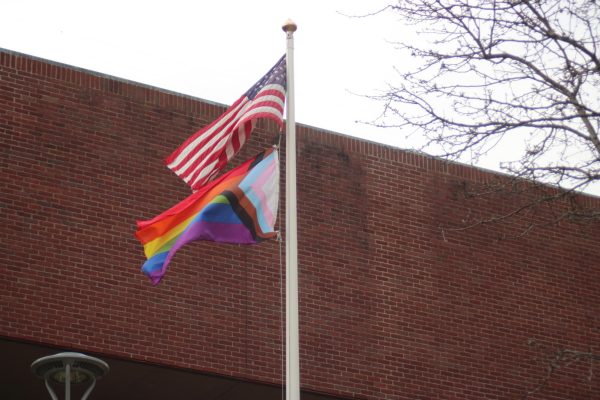CAPS is back and ready to serve
Hidden in Charger Plaza, the Counseling and Psychological Services (CAPS) office and its counselors have been preparing new programs and services for University of New Haven students.
CAPS has been working on programs since COVID-19 restrictions were lifted.
The only problem is, students don’t know about them.
CAPS student employees agree that there is a problem with accessibility for students. Kayla Herlihy, a senior psychology major and community wellness advocate (CWA) in the office, said that the location is an issue, and she suggests the Railroad Salvage shuttle should add the plaza to their stops.
“I have never been to CAPS because I’ve heard the reviews,” said Hannah Zutant, a junior pre-med student. “I don’t think that it’s worth my time because everyone I’ve ever spoken to about it says that they can’t get an appointment. I just need more reliability when I have to get something off my chest.”
In response to student concerns, CAPS is working to improve services, according to Amanda Imbriale, a senior criminal justice major and another CWA. One way to do that, she said, is to add more student events.
When the pandemic necessitated a shift to remote learning , the services provided by CAPS moved, too. Paige Bartels, the director of CAPS, presented some opportunities and challenges:
“[A pro is] it’s given us the flexibility of tele-health, which can be a gift,” said Bartels. “[A con is that the pandemic was] a widely traumatic event which layers on other traumas for our clients.”
The office has held self-care events and participated in tabling at the Wellness Week Fair. They rolled out a variety of services for the betterment of students’ mental health, such as programs on studying tips to prevent procrastination and lower stress.
The department is made up of licensed staff clinicians, clinicians-in-training and community wellness advocates. Bartels also said the services aim to support students in times of need, as they manage an array of mental health challenges.
They offer individual and group therapy, as well as a 24/7 crisis response line. Students can also take advantage of peer-led support groups and mental health awareness education. The office can also help students with services such as therapy dogs, which will be on campus once a week.
CWA Imbriale loves therapy dogs, and spoke about their importance to students.
“I believe that it is super-helpful for the students and sometimes it is difficult to have a conversation about your struggles,” said Imbriale. “Therapy dogs allow students to just de-stress with the dogs without being overwhelmed with talking about their mental health.”
Office workers don’t just need to learn how to bring in new projects, like the therapy dogs, their training is much more extensive.“I have done a couple of day-long training sessions with other CWAs where we learn leading support groups and how to handle mental health [crises],” said Herlihy. “For instance, CAPS has given us the National Alliance on Mental Illness (NAMI) support group facilitator training, as well as mental health first aid training this year.”
Clinicians encourage students to stop by. “[Students] are not alone; healing is possible, and that strength and resilience is a part of us all,” said clinician Biannca Squires. “There is so much strength in seeking out support in times of need.”
“Taking care of their mental health is important – but it’s one piece of the puzzle,” said Bartels. “It’s critical to pay attention to our overall well-being.”
Students can talk to a clinician or learn more about CAPS services by calling 203-932-7333. Students can also schedule an appointment online, and by clicking on the butterfly icon on MyCharger for information, or walking into the CAPS office.






